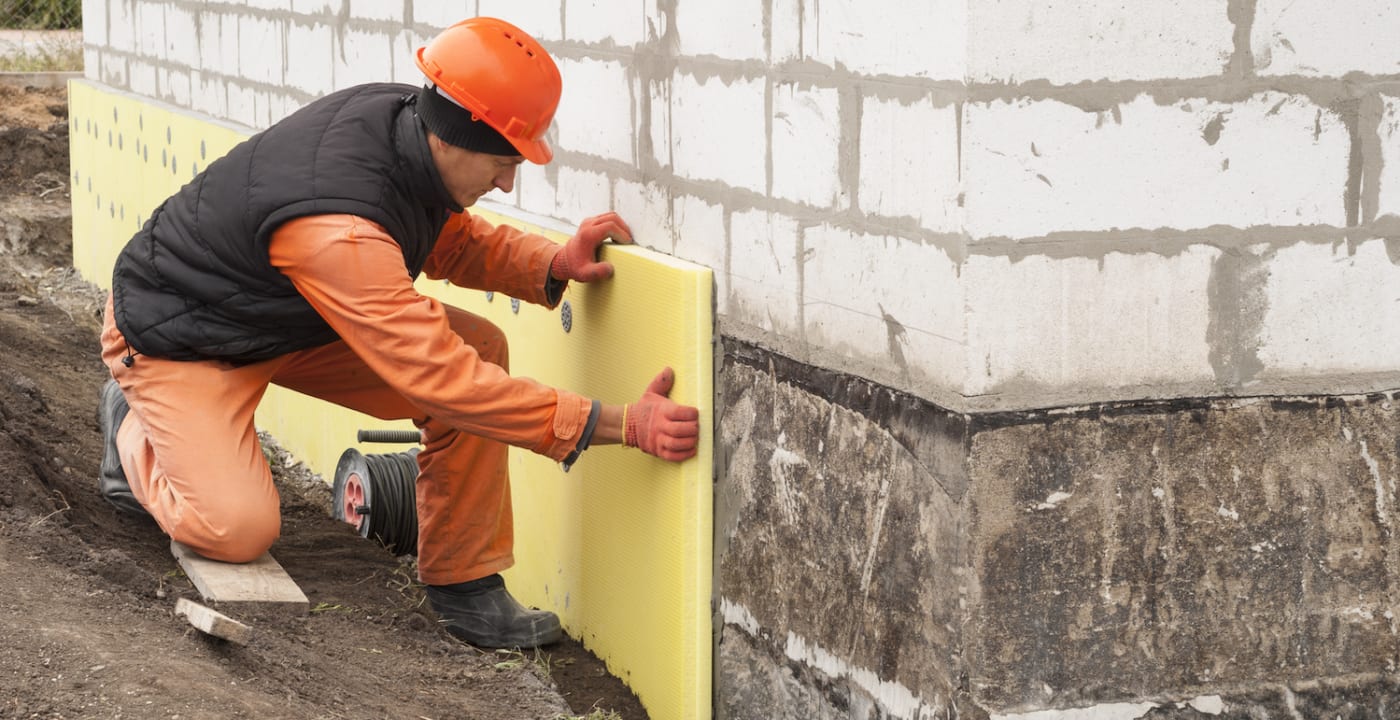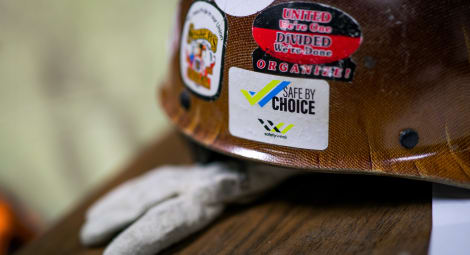Spring safety tips for outdoor workers

It’s spring, and the great outdoors are calling. But for landscape and horticulture professionals, parks and maintenance employees, and big-box store workers moving seasonal products, the outdoors can be unpredictable and hazard-filled. As your employees head back to their open-air workplaces, now is the time to ensure they stay safe and injury-free.
On-the-job hazards
Some common risks for outdoor workers include:
- Buried electrical lines
- Cuts and amputations
- Slips, trips and falls
- Sunburn, dehydration and heat stroke
- Lifting and working in awkward positions
- Noise
- Pesticides and chemicals
- Motor vehicles
Outdoor safety
Are your employees properly trained in using equipment? Do they know how to prevent a dangerous tangle with power lines? Are they equipped to ward off insects, dehydration or repetitive-stress injuries?
Don’t leave it to guesswork. Here are 10 safety tips employees should following to prevent outdoor injuries.
- Wear safety goggles, hearing protection, sturdy shoes and long pants when using lawn mowers and other machinery. Eye protection also guards against pollen and other irritants in the air.
- Ensure tools and equipment are in working order. Dull blades on gardening tools require more force to get the job done, increasing risk for repetitive stress injuries, cuts and amputations.
- Wear gloves to protect from skin irritations, cuts and contaminants.
- Contact local utilities to locate underground power lines before digging, and be alert to overhead wires when using pole type pruners and other raised equipment.
- Wear high-visibility colors (orange, yellow or strong yellow-green) to ensure you’re seen by drivers.
- Use insect repellant containing DEET to guard against ticks and stinging insects. If you’re allergic to certain insects, carry an epi pen on the job at all times.
- Follow all instructions and warning labels when using chemicals and other products.
- Reduce the risk of sunburn and skin cancer by wearing long sleeves, a wide-brimmed hat, sunshades and sunscreen with an SPF of 15 or higher.
- Drink plenty of liquids, and know the signs of heat-related illness (high body temperature, headache, dizziness, rapid pulse, nausea, confusion or unconsciousness).
- Put the focus on ergonomics. Use safe lifting techniques; take frequent rest and stretch breaks from operating lawnmowers, power tools and machinery that causes vibration; and wear properly fitting footwear to prevent fatigue.
Outdoor work and COVID-19
While the nature of outdoor work poses a lower risk of spreading COVID-19, your employees should still take precautions. Make sure you have a COVID-19 prevention plan in place for all worksite situations, and include these basic measures:
- Whenever possible, ensure workers keep at least 6 feet of distance between staff and customers.
- Provide personal protective equipment (PPE), such as gloves, goggles, face shields and face masks as appropriate for the job.
- Minimize use of shared equipment.
- Enforce cleaning and sanitation protocols for all common spaces, including trucks and equipment.
Keeping employees healthy and on the job
From DOT exams and pre-employment physicals, to injury and return to work care, we’re here to help. The experts at MultiCare Occupational Medicine are solely focused on occupational medicine, so we know what’s most important to you and your colleagues – keeping your workforce safe, healthy and on the job.
When you partner with us, employees have access to any of our Occupational Medicine clinics, as well as our Indigo Health urgent care clinic locations, so that they don’t have to visit the ER for minor illnesses or injuries. And when additional care is needed, MultiCare Centers of Occupational Medicine is connected to all the resources of MultiCare Health System, including its team of orthopedic and rehabilitation specialists.



